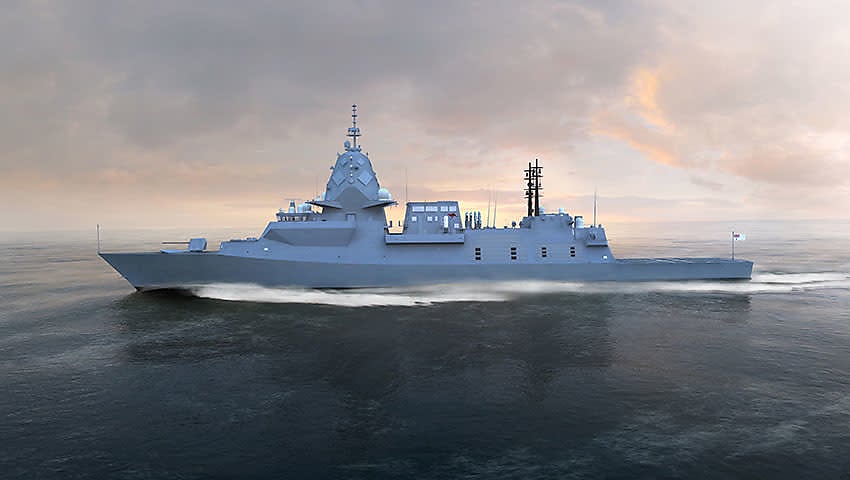Committee chair of the joint committee of public accounts and audit, Julian Hill, has raised significant concerns about the costs and value for money assessment behind the decision to select the Hunter Class frigate design for the Navy’s future frigate.
The release of the joint committee of public accounts and audit final report into the Inquiry into the Defence Major Projects Report (MPR) 2020–21 and 2021–22 and Procurement of Hunter Class Frigates comes just a week following the government’s fanfare surrounding the first cutting of steel for the first of the Hunter Class, HMAS Hunter, in Adelaide.
The committee expressed deep concern that no value for money assessment was ever undertaken by Defence or the former government on the Hunter Class frigates’ tenders.
This comes despite the fact the National Security Committee of Cabinet decided to proceed with a (then) $35 billion procurement of a ship from BAE Systems that was not a mature design when it was selected by the government as the successful design for the Hunter Class frigates.
Committee chair Julian Hill MP launched a scathing attack on the former government, saying, “Ministers are not supposed to be rubber stamps or daleks, and there are two possibilities as to how this happened: 1) either no one noticed that no value for money assessment was undertaken or 2) they did know but didn’t care and blithely decided to proceed with a (then) $35 billion procurement anyway.”
In addition to this, the committee report raised a number of other issues through the audit, including:
- The absence of any explanation why 10 per cent was mysteriously knocked off the price from all tenderers in the evaluation and advice to government.
- The Hunter Class frigate itself was assessed by Defence experts as a mature design when it had, in fact, never been built or even fully designed.
- Key documents regarding the decision-making process went and remain missing.
“Defence must reassess how it determines maturity in future large-scale acquisitions, particularly as foreign governments will always be keen to sell expensive military hardware to Australia. A balance is needed between that approach and acquiring ‘off-the-shelf’ military capability,” Hill added.
The committee made five recommendations in relation to the Hunter Class frigate program. Four of these request updates from Defence on changes arising from its internal review, progress with the project, how it will assess design maturity in the future, and its new recordkeeping framework.
Finally, the committee is also recommending that the Commonwealth Procurement Rules now explicitly require a value for money assessment in a tender evaluation plan as a default option which must then be cleared by the Department of Finance.
The joint committee of public accounts and audit final report can be found here.






